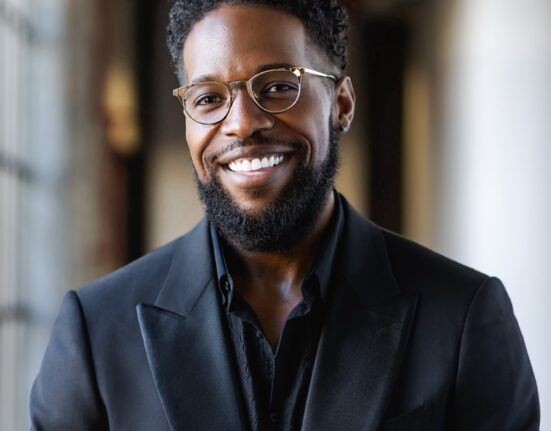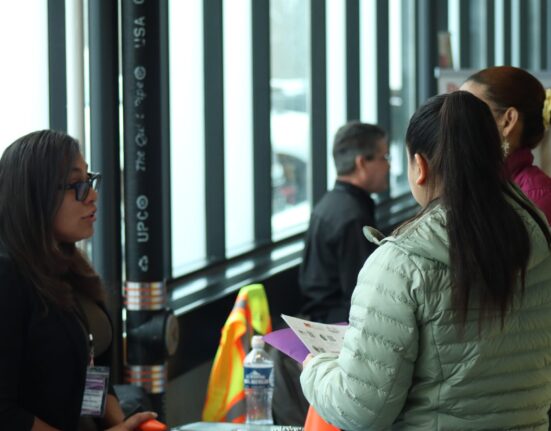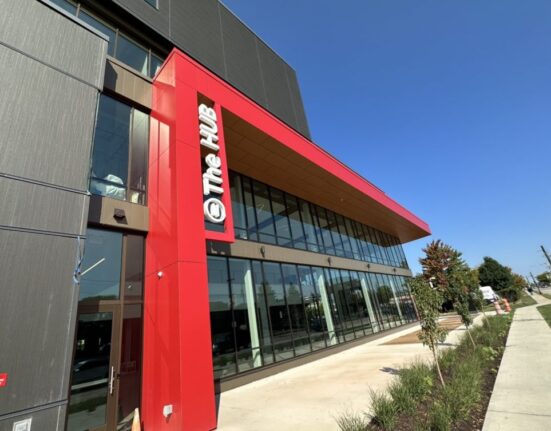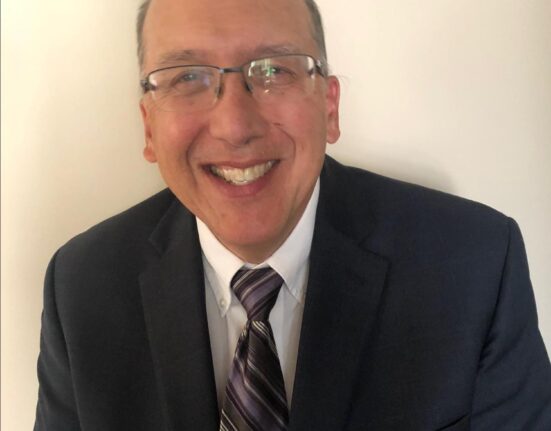
“You can envision something, but then something else comes about.”
That’s what Frankie Rodriguez says about the evolution of his current venture, AgriStaff USA, but it also could be said of his entire career.
Born in New York, Rodriguez spent much of his youth splitting time between the Big Apple and his father’s paso fino horse farm in Puerto Rico, where he learned how to care for the elegant animals.
Returning to New York in the late 1990s at the age of 18, he landed a job as the first employee of a new staffing agency, Hire Point. The business took off quickly, placing 30 workers in jobs in just the first few weeks. Looking back, he attributes the success to “keeping it simple … very professional but simple.”
Soon, though, his passion for horses led him to find work at farms around New York. At one point, he got to work with a young Georgina Bloomberg, the daughter of former New York Mayor Michael Bloomberg, who would go on to become an accomplished professional show jumper and equestrian team owner.
“One thing led to another, and I made a little career out of that,” Rodriguez says.
He worked as a groom, which is “like being a personal trainer for these horses,” Rodriguez says. “They’re athletes. So they need their legs iced, they need some injections, they need some massages, they need some hand walking. You know, while they are pasturing you have to literally sit there with them and watch them so they don’t get hurt.” Each groom would work with two or three horses, some of which were worth more than a million dollars.
After gaining some experience, he got a call from Betsy Juliano, who owned Olympic-caliber horses on farms in Ohio and Florida.
“She contacted me and said, ‘I need a manager to manage my grooms. I’m having trouble with them getting along. You have the reputation of being very strict,’” he recalls. “So I flew out there and I took the job and I was able to stabilize the grooms.”
That meant replacing a few. One of the new grooms he hired was named Becky, whom he would marry not much later.
Working on the farm in Florida, Becky would fall ill with a severe kidney infection.
“We almost lost her,” Rodriguez says. “She’s fully recovered. She had to go through a lot of treatment and a lot of steroids. But you know, it gives you a different perspective on life, and what really matters and what’s important for you.”
They decided one of the things that really matters is being to family, which led the couple to relocate to her native Wisconsin in December, 2014.
Becky got a job as a receptionist at a vet clinic, and Frankie was “a little bored.” He worked a couple manufacturing jobs, but, he says, “that wasn’t me.”
He did notice a lot of Latino people working on the farms in the area, and offered his services as a translator, helping dairy farmers communicate with Spanish-speaking workers. That led naturally to him also finding people to work on farms. He started to get referrals and word spread and in 2015, he and Becky both quit their jobs to open their own agricultural staffing firm, AgriStaff, in Kiel.
“We both left our jobs. We bootstrapped it and just said, let’s start this right now. It’s now or never. And it’s been a blessing,” Rodriguez says.
He quickly found that AgriStaff would need to be more than just a placement agency.
“My intent was to just find people to work, to be an agency for farmers, but it evolved into something different,” he says. “Right now, we’re like an outsourced HR department for dairy farms … you’d be surprised. There are farms out here doing five, 10, 15 million (dollars) in sales every year. But the farmer himself is doing the HR part or his wife is doing it, and they don’t really have employee records.”
That includes immigration paperwork – an important component for an industry the relies heavily on an immigrant workforce.
“I have been to many farms where the documentation that they took in the beginning expired three or four years ago and nobody caught that,” he says.
AgriStaff also assists in ensuring workers have proper training up to date and in conflict resolution.
He notes that the horse farms he had worked on also relied heavily on a Latino workforce.
“I implemented my experience in managing horse farms, into the dairy industry or into the dairy workforce,” Rodriguez says. “The only thing that’s different is that we’re taking care of horses when you’re taking care of a cow. But that’s not really a factor when it comes to the workforce.”
AgriStaff grew quickly, mainly by word of mouth among neighbors. Most clients were dairy farms with about 600-800 cows and 10-12 employees.
Then, word began to spread outside the dairy industry.
“Once the office was operational, we started getting calls from different industries,” Rodriguez says. “Construction companies, big manufacturing companies, food production companies.”
That led Rodriguez to launch another brand, LaborOne, to cater to those industries – still relying on the growing Latino workforce.
Unlike AgriStaff, LaborOne keeps workers on its own payroll while placing them with companies, mostly in the eastern half of Wisconsin. They currently have between 275 and 300 people on payroll.
“I say 99.9% of my employees are from a Latin American country,” Rodriguez says. “We help bridge that gap between the Hispanic workforce, the company that hires them, and the community they’re part of.”
The company doesn’t deal with securing visas or other legal immigration issues – workers need to have their legal status set before Rodriguez can offer them jobs. LaborOne does, however, help their workers navigate the day-to-day.
“We stay very involved with them. We’re that middleman between them and the community,” he says. “If they need to go to the DMV, we help them with that. If they need a translation, if they got an English document that they want to understand, we sit down with them. We make calls to banks, help them set up bank accounts. These are things that other staffing agencies just don’t have the time or the resources to do. That’s what makes us more unique.”
A seminal moment for the company came in 2018, when Hurricane Maria ravaged Puerto Rico. Rodriguez worked with Johnsonville, based in Sheboygan Falls, to travel to Puerto Rico and hold a job fair. Together, they helped relocate 27 people with new jobs in Wisconsin, and even provided temporary housing and transportation.
All of that has led to an unexpected inversion in Rodriguez’s business plans.
“Our vision was AgriStaff was probably going to dominate and we would have LaborOne as a as a backup, but over the years, LaborOne has surpassed Agristaff by a lot,” he says, now estimating that 80 percent of the company’s revenue comes from LaborOne clients.
He says employers in Northeast Wisconsin are more open now than they were a few years ago to hiring Spanish-speaking workers. Previously, he’d hear concerns about training and safety, as employers provided such training in English. Now, that’s changed, he says.
“They realize how valuable this workforce is” in ways they didn’t before, he says. “Almost all my clients now have changed everything operationally to accommodate these individuals. Now their SOPs are in Spanish. Now their safety stuff is in Spanish. Now they have bilingual safety professionals coming in and doing what’s needed to train these individuals on safety in their own native language.”
The Rodriguezes still operate AgriStaff and LaborOne out of that small office in Kiel with an administrative staff of six, with plans to add some, perhaps in sales. Rodriguez remains focused on growth.
“I’m everywhere,” he says. “I’m a recruiter, I’m the janitor. I’m the salesperson. In small businesses, that’s how you have to do it. I’m very happy with the growth that we have gotten in.”






